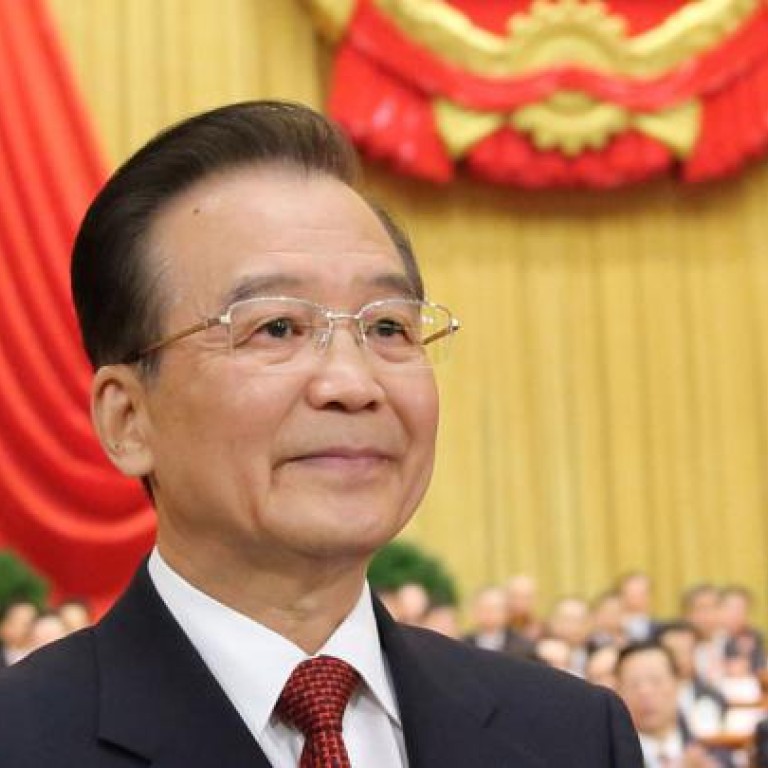
Small issues could grow into big trouble
The heated milk powder debate is just a sign of the 'deep-rooted' problems that both sides face
As reporters gathered in Beijing last week for the National People's Congress, one of the phrases we heard most was "milk powder".
"Almost every friend or official I met [in Beijing] complained about Hong Kong's 'two-cans only' ban on milk powder exports," said one Hong Kong delegate. "I had to explain [the city's] concerns, but the complaints could be a worrying sign," the delegate added.
Many of us noticed that Premier Wen Jiabao's remarks about Hong Kong in his last report in the Great Hall of the People were his shortest in 10 years.
Wen is a controversial figure. But among Chinese leaders, he is best at conveying his messages back to the country through the overseas media. He seldom let Hong Kong reporters down.
Supporters said he was subtly telling the public about his difficulties in pushing forward reforms while critics viewed him as merely staging political shows. Whatever the truth, Wen established close connections with Hong Kong, constantly reminding the city to tackle its "deep-rooted" social conflict.
He first raised the term in 2005 during a visit to Beijing by then chief executive Donald Tsang Yam-kuen, who said Wen was referring to social problems rather than political ones.
But in 2010, Wen raised the issue of the city's "deep-rooted" problem again, this time making a specifically political reference.
In his NPC press conference that year, he said that socially, Hong Kong had to improve its people's livelihoods and education, while politically, it should strive for greater social consensus even as it develops democracy in accordance with the Basic Law. Economically, he urged the city to strengthen its status as a financial, trading and logistics centre and to improve co-operation with the mainland.
Wen gave Hong Kong detailed guidance, and this might have had to do with his experience visiting the city in 2003, shortly after it survived the deadly Sars pandemic. He had just given the city a big gift - the Closer Economic Partnership Arrangement, which allowed Hong Kong greater market access to the mainland.
But just three hours after he left, more than half a million people took to the streets protesting against the city government's poor performance and the Basic Law's Article 23 national security legislation.
After that, Beijing began to realise that economic support would not necessarily be the magic solution for every problem in this diverse city.
The few words Wen devoted to Hong Kong last week could be simply due to his retirement. But the new leadership's policies remain to be seen.
And from the heated milk powder debate, it is clear that the rising tension between the city and the mainland is posing a new "deep-rooted" problem for both sides.

